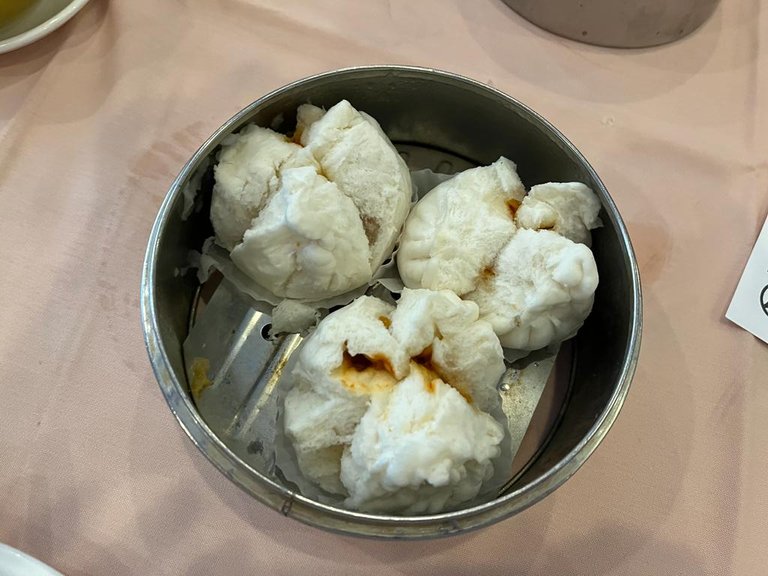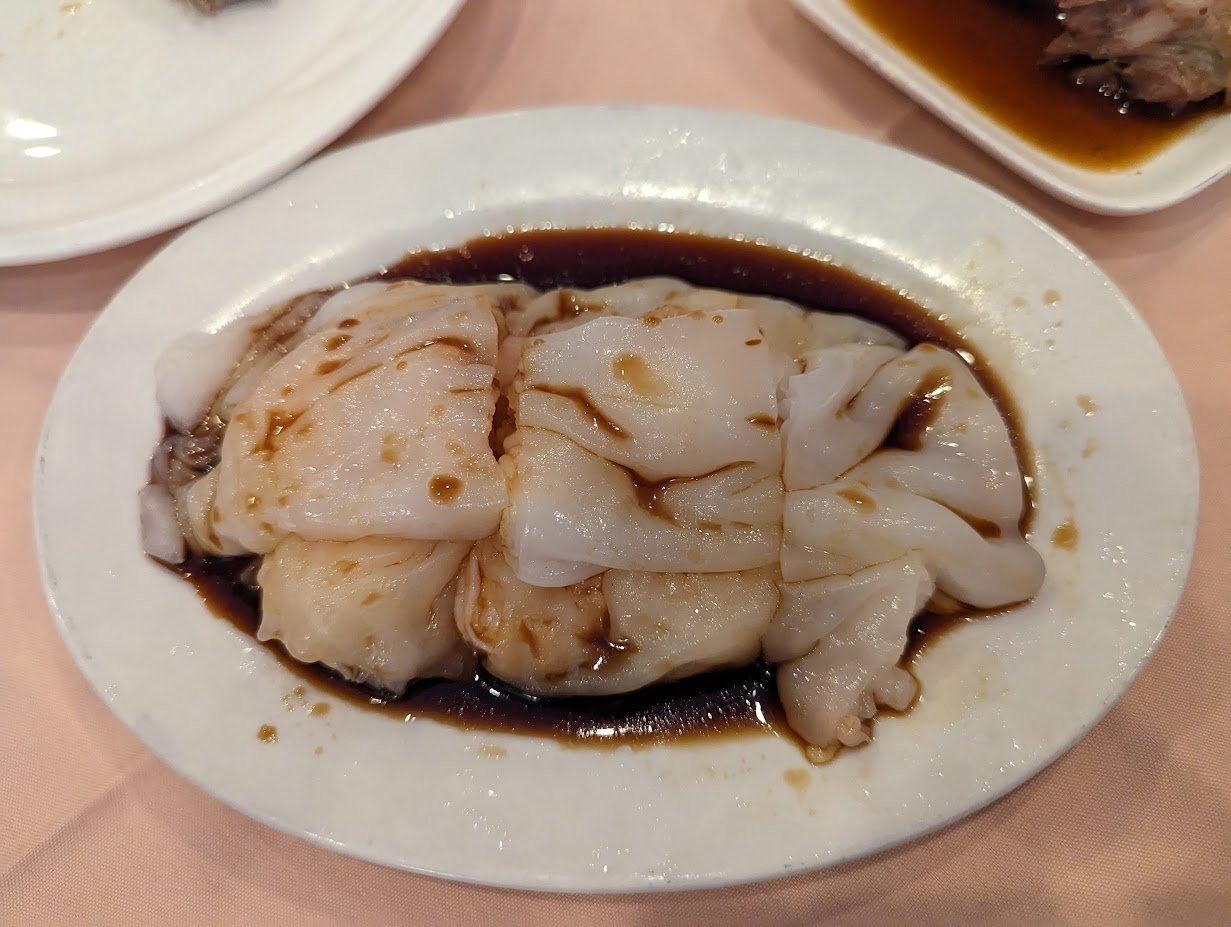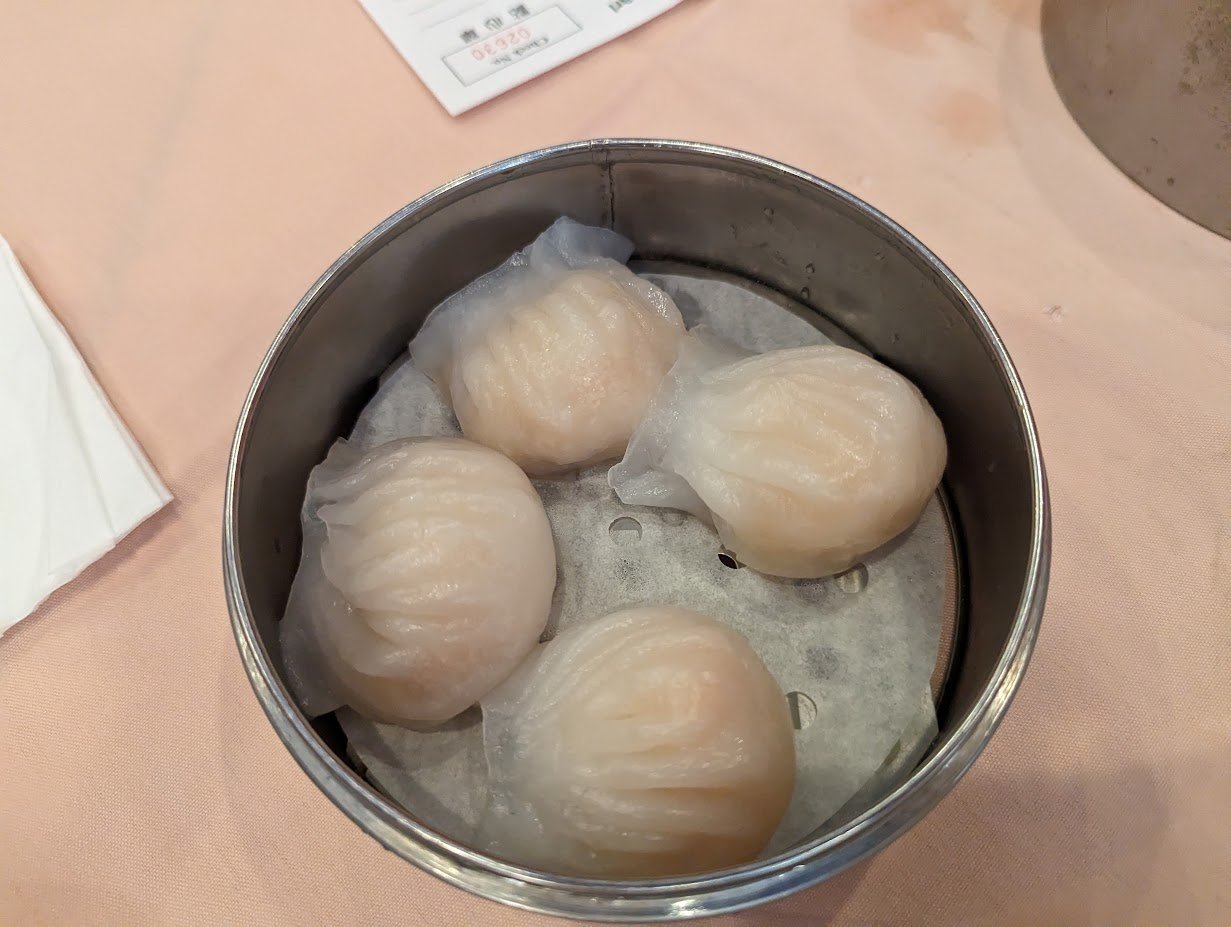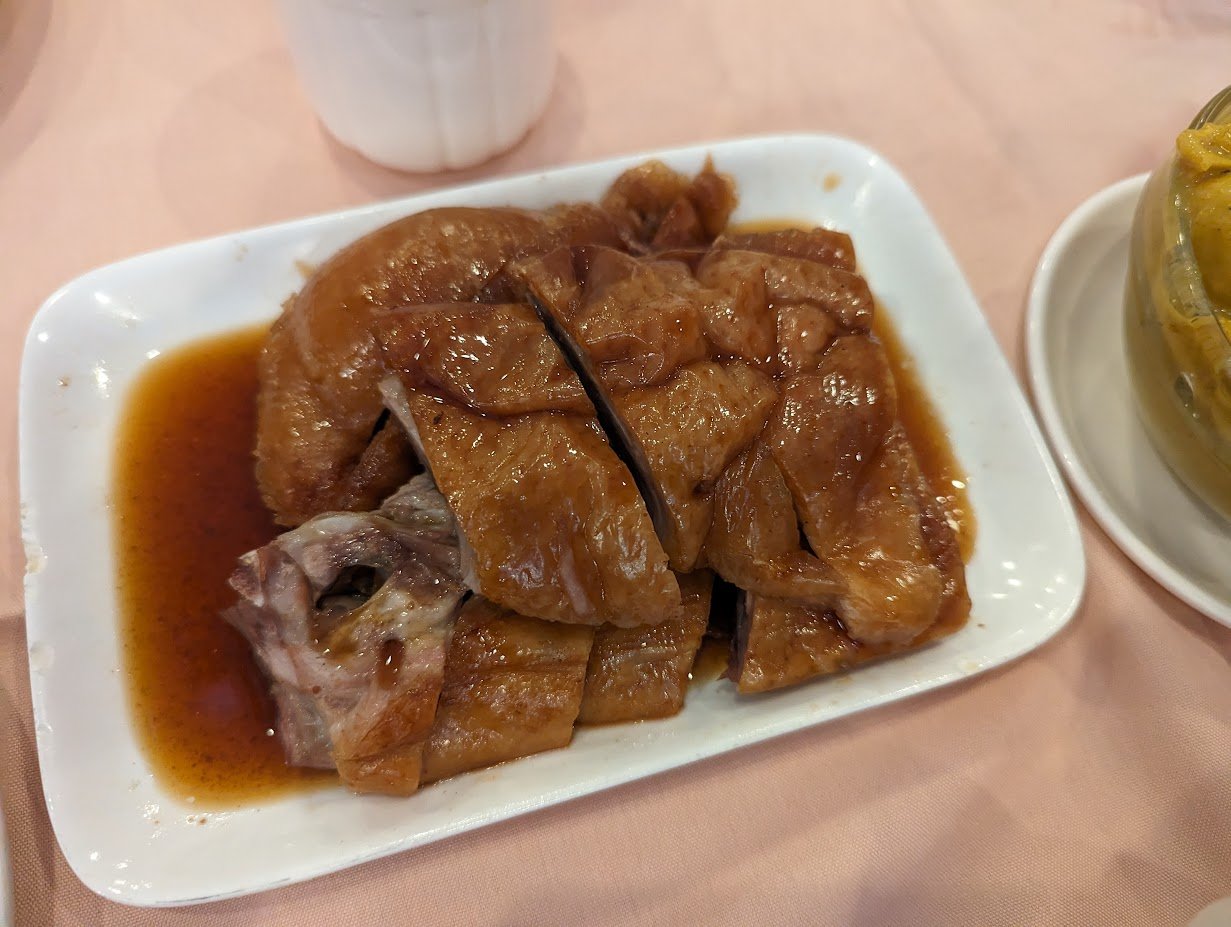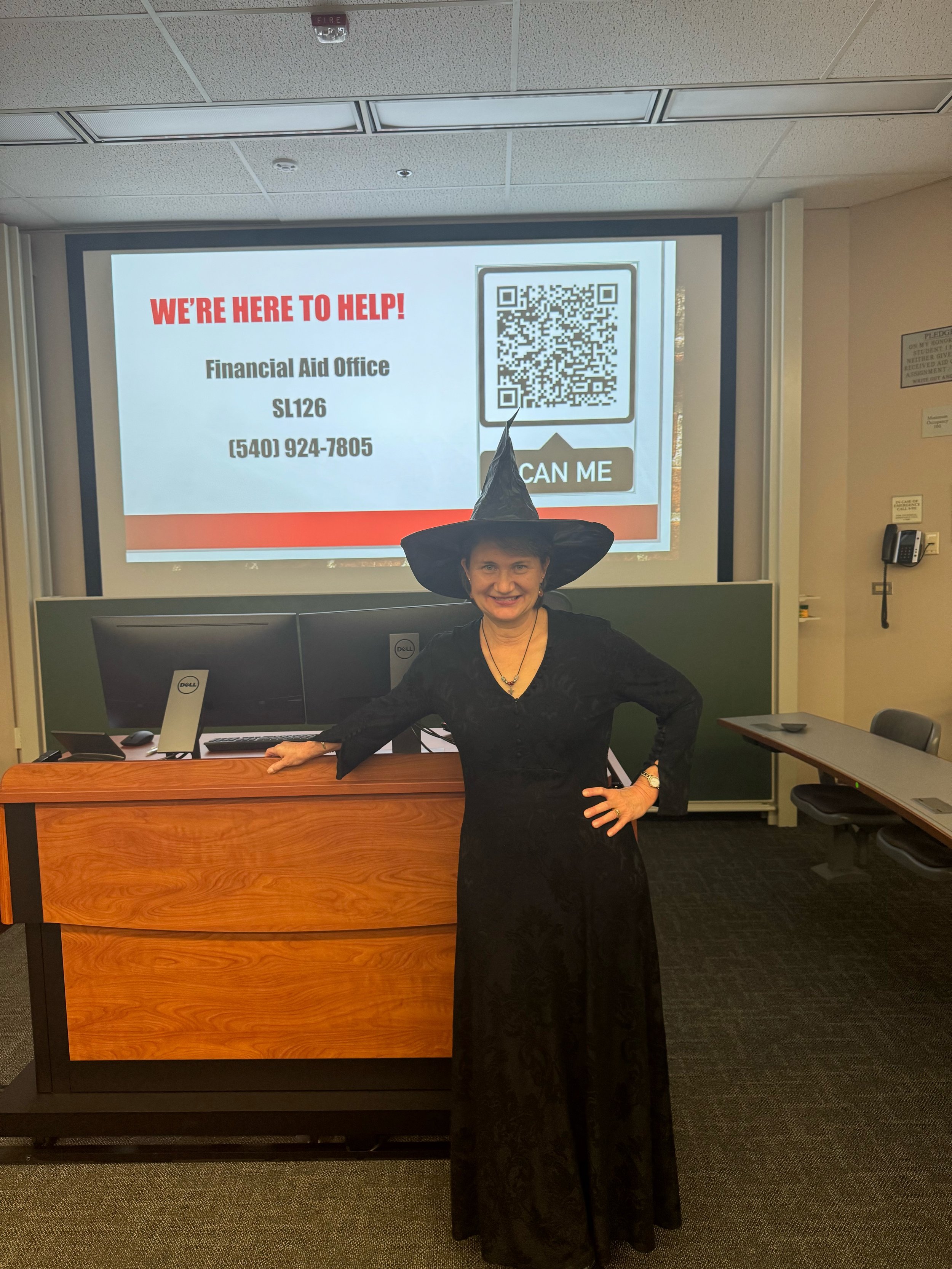Nicky Demitry '26
Staff Editor
Ashanti Jones '26
Staff Editor
In the time since women gained the right to open a bank account, vote, and have control over their own bodies, the constructs of love have shifted in America. The ways in which we can form romantic relationships are much broader, which I think is exciting. You can keep the bits from ye olden times that you like (open bar wedding!) and dispense with the ones you don’t (taking a man’s weird last name)! That said, some things about romance never change, and that’s the inherent cringe of it all. As I walked up to the event, I found myself wishing for the first time ever that we had satirical Law Weekly press badges, just so people would know that I was there ~ironically~. How cowardly of me.[1]
Pictured: Med School advertisting for the Valentine's Day Mixer
Photo Credit: Nicky Demitry '26
But UVA grad students are persistent! And uncowed by extremely well-lit venues.[2] The event was well-attended, particularly by the Medical School. And this is where a respectable amount of plot began to emerge because the medical students were tricked into attendance with promises of a $1,000 bar tab, as well as alleged prizes and games.[3]Promises which were notably absent from the A-School and Law School invites.[4]
Paul, a friend from college and fourth-year med student whom I was very excited to randomly run into, said, “Yeah, the marketing for the event said there was a tab for food and drinks, so my friends and I showed up right at 7 p.m. to try and circumvent the ravenous grad student crowd. The bartender was very confused at the mention of a tab, but we thought maybe the tab just wasn’t for med students. We told our other med student friends to lie and say they were law students, but there was no tab for them either. A few of my single classmates were excited to meet the elusive ‘hot Darden guys,’ but canonically, everyone stuck tightly to their circles of five to seven peers. Nevertheless, love was in the air.”[5]
Other med students also had some choice words about this trickery, but all refused to be quoted, which was funny because their choice words were absolutely not offensive. For example: “Oh man, yeah, we were tricked!” And when asked if they were enjoying the event, most said, “What?” This was also the response to my question about whether faking chest pain still works to skip the line at the ER. Tame and level-headed was the med school vibe. This bodes well for their future as romantic partners.
The way I feel about dating is the way many people have felt about my attending law school. It’s always some version of, "So Nicky, why go to law school, a ruinously expensive venture that at best grants you entry into a miserable profession where most people are horribly overworked, the substance abuse rate is over 66 percent, and the divorce rate second only to casino managers? Is law still a viable career path given that our society will likely see massive foundational unrest and shifts in the next fifty years that could render our entire view of not just the concept of law, but the very relationship of person to society an obsolete relic of a previous time?” Haha, great question(s)! I have no answer. Other than the immortal words of Charlotte from Pride & Prejudice: “I'm twenty-seven years old. I've no money and noprospects. I'm already a burden to my parents. And I'm frightened.”
Ennui about love and career aside, I think it’s very nice that there have been more events with the other graduate schools at UVA, and this perspective was shared by other students at the event. Caitlin Clarke ’26 said, “I thought the event was so much fun. It's always nice to get out of the Law School bubble and meet new people. I got to hear about a day in the life of a med student. We're here studying theory about property and con law, they're dissecting cadavers and assisting in labor and delivery a mile away. It was a great way to spend Valentine's Day and I'm sure there are some power couples in the making after the mixer.” I, for one, am very relieved we gave the med students a chance to have Valentines who weren’t cadavers. <3
Life can be very isolating, as can graduate programs. It’s easy to forget the magic of connecting with someone, romantic or not, especially when there is a constant barrage of journal tryouts, summer plans, interviews, outlines, etc. But as Toni Morrison said, “It's not possible to constantly hold on to crisis. You have to have the love and you have to have the magic.” From simple observation alone, I can’t tell how many moments of magic or ~love connections~ were forged, but there was certainly an abundance of conversation and laughter. And it’s always nice to get brought back to reality when you’re met with blank stares verging on outright judgment when you and a section mate start discussing the frustrations of statutory interpretation.[6] Plus, as Paul said, “Nothing screams self-love like being lied to about a bar tab and then buying your own drink!” I’d argue that we could distill that down to, “Nothing says love like being lied to and then drinking,” but that’s just me.
If you did meet the love of your life at this event, let us know! We will personally take you to an even brighter venue to test your love further—maybe under the blinding lights of an OR? Since statistically, you probably fell for a med student. At any rate, here’s to getting through the rest of the semester, and hopefully to a continued collegiality/awkward middle school dance vibe with the other schools. Thanks for putting this together, SBA. You are my Valentine, even though I think most of our dates could be emails (but that’s just my own avoidant attachment. I’m afraid of just how much I want to be at those meetings).
p.s. I didn’t meet a single Darden person at this event, and I was on the alert specifically for Patagonia vests. What gives? Was there a competing Deloitte-sponsored mixer no one told us about? Did someone scare them away by saying there was a limit on IPAs? Rude.
---
ncd8kt@virginia.edu
alj3emz@virginia.edu
[1] Maybe this is why I will die alone.
[2] As a veteran bartender I can tell you, bar feng shui is a thing. And if you’re gonna have a super brightly lit event, consider access to liquor? Granted, I am projecting my own preference for goblin bars, but really, dim lighting makes it much easier to make a cute lil love connection. But that’s just me, and ultimately, I am Just a Girl.
[3] Do med students have a case for recovery based on promissory estoppel? Discuss.
[4] Albeit I was tricked into attending by friends that claimed they needed moral support, only to back out after I had already agreed to cover the event for this paper.
[5] Paul absolved himself of my ire for missing the Galentine’s party at my apartment the next night by giving me this quote to use and reminding me that, “maybe that’s what Galentine’s is all about. Realizing even the gays are still men.”
[6] One med student: “Are you even talking about something real right now?” Honestly valid. Immediately humbled.






